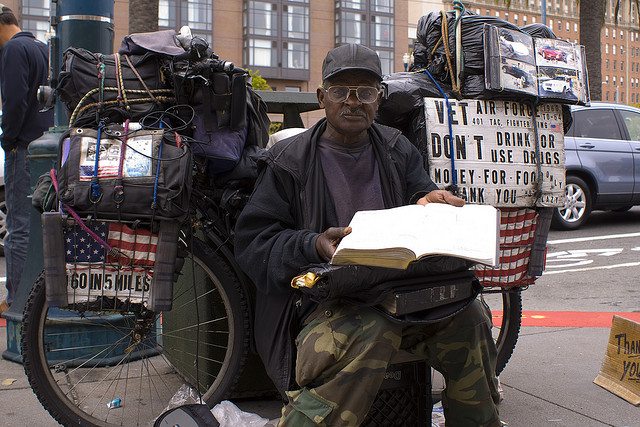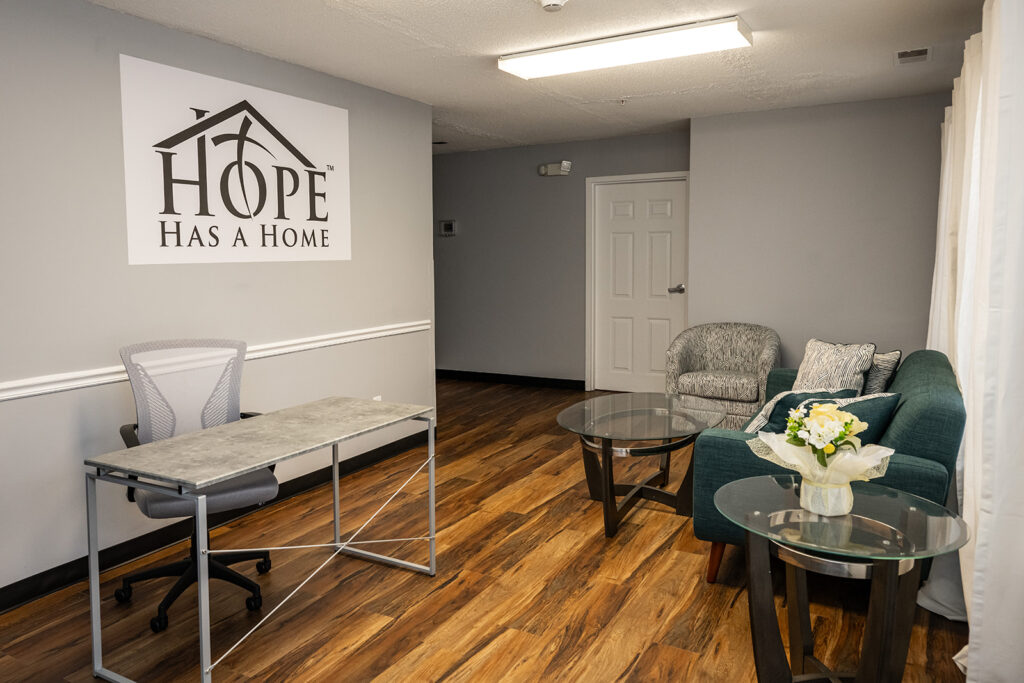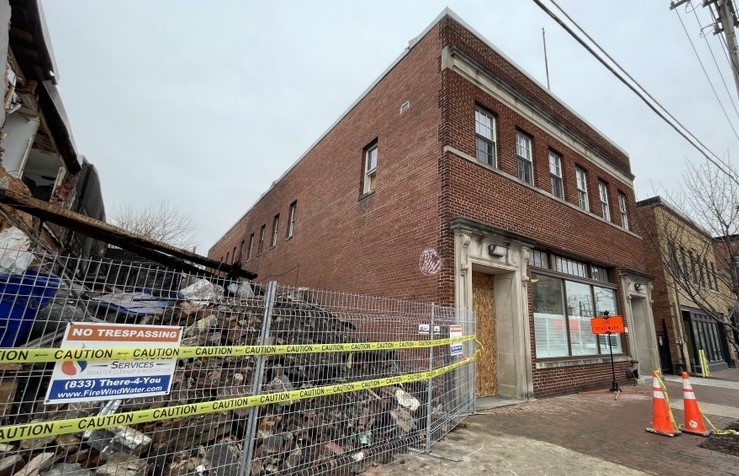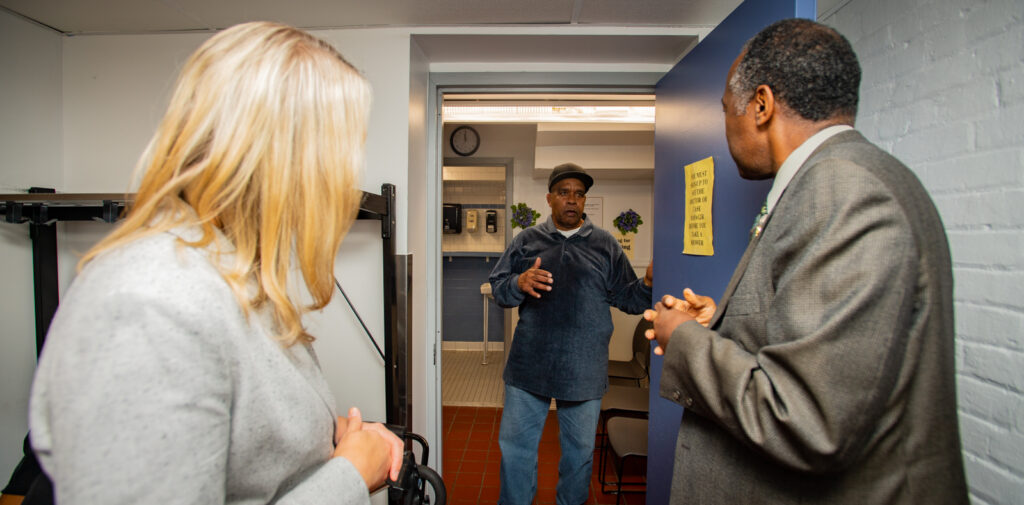Five years ago a plan to end veteran homeless in the U.S. by the end of 2015 was launched through a collaboration between the White House and the Department of Veterans Affairs (VA). Since then, the number of homeless veterans in the U.S. had come down by 33 percent, but there still is work to be done.
“[W]e’re not going to rest until every veteran who has fought for America has a home in America,” President Barack Obama said in an August 2014 address.
This initiative does not cover all veterans; most VA benefits are only for veterans with “other than dishonorable” discharge conditions. Veterans who exit the armed services with undesirable or bad conduct discharges have a greatly reduced chance of qualifying for disability, employment, home loans and funding for education through the VA, though they are not barred from applying for them.
“The bad paper makes me feel worse than being a convicted felon” ex-Marine Michael Hartnett told NPR in 2013. Hertnett had been discharged for bad conduct, including drug use. What went unnoticed in his proceedings was a struggle with post-traumatic stress disorder. After more than fifteen years and with help from his wife, Hartnett was able to upgrade his discharge and pursue a degree in social work to help other veterans, NPR reported.
Despite these complexities and setbacks, a 33 percent decrease in national veteran homelessness is a trend to build upon. This September, the VA awarded a total of $300 million in local grants to organizations across the country through the Supportive Services for Veteran Families program.
In general, Supportive Services grantees typically serve veterans with incomes below 30 percent of the area median income. Grantees must follow the housing first approach to house homeless veterans quickly, without preconditions, and providing supportive services as needed. The program also includes providing permanent housing for low-income veteran families.
“Whether they need rental or child care assistance, transportation vouchers or another type of support, [Supportive Services] grantees offer veterans the mix of services they need to gain housing and stay housed,” Department of Veterans Affairs Secretary Robert A. McDonald has said.
Local advocates for veterans believe it is possible to meet the city’s goal of ending veteran homelessness before 2016. In August, there were less than 300 known homeless veterans left unhoused in Washington, D.C. With an end in sight, The Way Home campaign challenged members of the D.C. Council by placing a bucket of toy soldiers representing the remaining homeless vets in each council member’s office, planning to return and remove a soldier each time a vet is housed.
The contents of the buckets have not decreased as quickly as planned, but organizers remain positive.
“We’re going to end veteran homelessness in 2015, early 2016 at the latest.” Jesse Rabinowitz, an organizer of The Way Home Campaign, told Street Sense in a phone interview. “We’ll probably be the first city on the East Coast to end veteran homelessness … that will be a great moment.”








